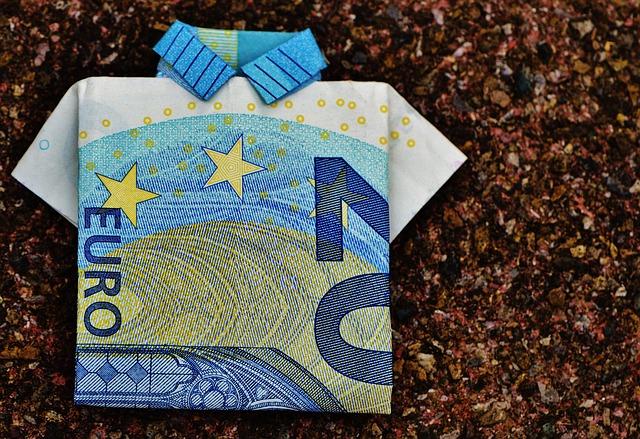The rapid evolution of technology has ushered in an era where our digital lives are as intrinsic to our identities as our physical presence. In this landscape, the concept of digital manipulation looms large, casting a shadow over how we interact with both technology and each other. As we navigate through the myriad of advancements, understanding the implications of our digital interactions is crucial to maintaining both our security and our social integrity.
Technology etiquette has transformed dramatically, influenced heavily by the omnipresent nature of social media and digital communication. Etiquette once rooted in face-to-face interactions now extends into the digital sphere, where the lines between personal and public life blur. The rise of influencers, clickbait, and curated personas has birthed a culture where manipulation isn’t just commonplace; it’s often rewarded. This environment forces us to question: how much of what we perceive online is real? Are we falling prey to a crafted reality that is more illusion than substance?
Enter digital manipulation. From altered images that set unrealistic standards of beauty to the spread of misinformation designed to sway public opinion, the stakes have never been higher. The manipulation is not always malevolent or obvious. Sometimes it manifests subtly through algorithms that curate our feeds to show us a narrow selection of opinions and lifestyles. This tailoring ultimately influences our beliefs and behaviors in ways we might not even recognize.
Moreover, current social trends illustrate this manipulation’s pervasiveness. With platforms prioritizing engagement over accuracy, sensationalized content proliferates, often leading to discussions rooted in misinformation. The very platforms designed to connect us are now battlegrounds for emotional intelligence, with users increasingly susceptible to echo chambers where biases are reinforced rather than challenged. Consequently, the concept of digital etiquette now carries a weight that demands critical examination of what we share, how we share it, and whose voices we amplify.
As we engage with our screens, it’s vital to foster a culture of consciousness around our digital behavior. Empowering ourselves through knowledge—including an understanding of digital manipulation—can lead us to a more respectful and secure online environment. This process starts with being mindful of our interactions and accountability in our digital spaces. Each post, share, and comment contributes to a collective narrative that shapes not just our realities but also those of others.
As we navigate this complex digital landscape, let’s not forget the importance of fostering genuine connections and promoting honest dialogues. By doing so, we embrace a digital etiquette rooted in authenticity rather than manipulation, leading us toward a social landscape that reflects our truest selves. In a world where digital manipulation can warp our perception of reality, let’s strive to be the architects of a more transparent and respectful digital future.




